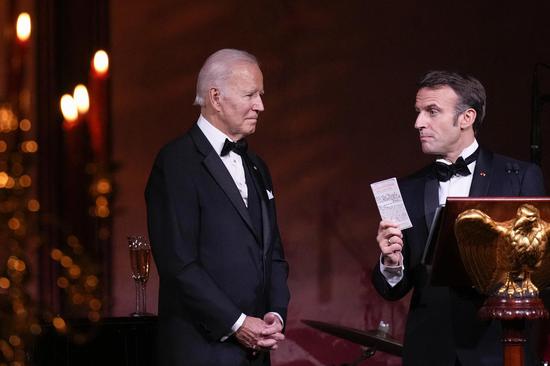
The U.S. president Joe Biden looks at French President Emmanuel Macron at a state dinner on the South Lawn of the White House on December 1, 2022 in Washington, DC. (Photo/Agencies)
By John Lee
(ECNS) -- French Finance Minister Bruno Le Maire said on Monday that the best response to the American Inflation Reduction Act (IRA) is European IRA, after its President Emmanuel Macron warned that the U.S. IRA may "split the west".
With international political, security and economic crises intertwining, the U.S. seeks to benefit from the EU through the IRA, though the latter won’t swallow the bitter fruit this time.
The IRA, which “hurts” the EU badly, reveals the protectionism of U.S. trade policies.
Although the U.S. seemingly aims to alleviate inflation and reduce its deficit, it encourages domestic and overseas enterprises to move their production bases to the U.S. In essence, it will further protect U.S. manufacturing industries and enhance the country's global competitiveness at the price of damaging European industries.
Adverse effects on Europe have already appeared, with some of its enterprises planning to open factories in the U.S. instead of Europe.
According to Reuters, Chief Executive Peter Carlsson said that under the IRA, Swedish-based Northvolt could get up to 800 million euros ($836 million) in U.S. aid to build a factory producing batteries for electric vehicles, which is four times what the German government is offering. As a result, the company is considering delaying its plans to build a factory in Heide, northern Germany.
Charles Michel, president of the European Council, said on Saturday that a level-playing and reciprocal field is essential, but that the U.S. government has always given priority to its own economic interests. Macron even said the IRA may "split the West.”
The U.S. government has been consistent in neglecting its so-called allies and partners to safeguard its own interests. It made the same choice again this time, with the interests of its European partners sacrificed to alleviate its domestic inflation. This is another example of its hegemonic thinking of "America first."
Biden promised not to sacrifice Europe and will make some tweaks to include those countries. But the Democratic Party has lost the House of Representatives, which will make it difficult to change the act.
While calling the EU an ally, the U.S. has been taking advantage of it. Since the Ukraine crisis, high energy prices have put great pressure on European industries, while many enterprises have begun transferring their production capacity to the U.S., where energy prices remain stable and relatively cheap.
The U.S. sells high-priced natural gas to Europe, but at the same time issues industrial subsidies to exclude European competitors. It has benefited from the Ukraine crisis while Europe has paid the price.
In addition, its CHIPS and Science Act provides $52.7 billion to spur domestic processor manufacturing, forcing the EU to participate in a subsidy race to ensure the stability of its semiconductor supply chain and reduce external dependence.
What's more, U.S. intervention in Ukraine, Syria, Afghanistan, Iraq, and other issues have resulted in a massive influx of refugees into Europe, which has been forced to bear enormous humanitarian and economic pressure.
The U.S. continues to adhere to the “America first” principle, ignoring the interests of Europe, which does not want to pay for U.S. arbitrariness.
If the U.S. fails to respond to Europe's current demands, the EU is bound to take retaliatory measures. By then, the rift between both sides would have expanded from the economic to the political field, with the U.S.-European alliance surely facing new challenges.











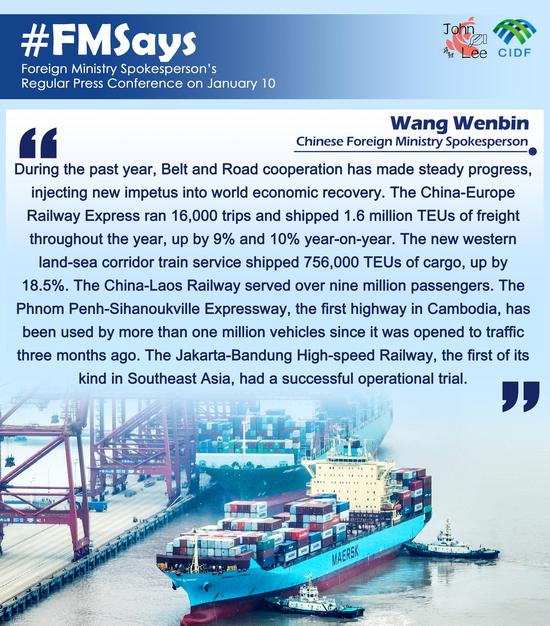
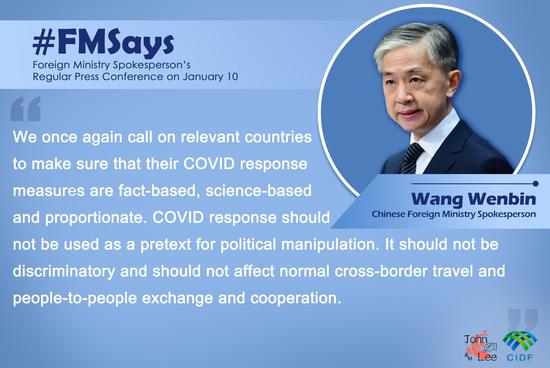
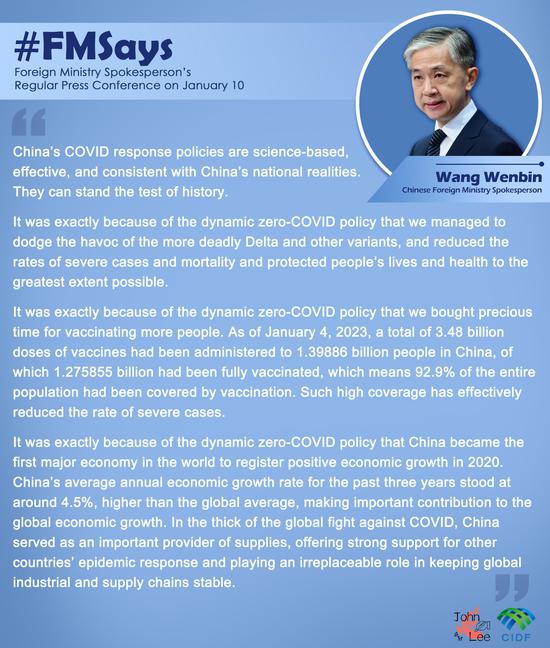























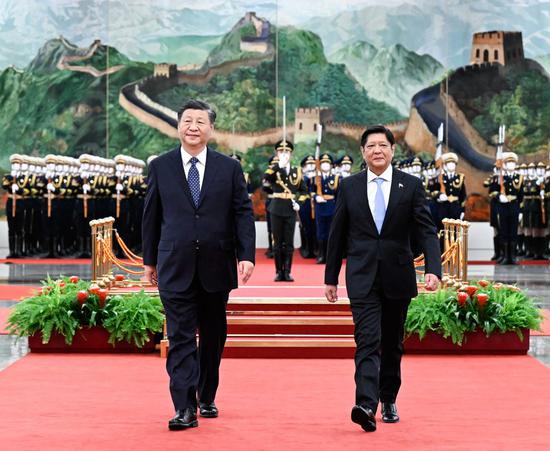













 京公网安备 11010202009201号
京公网安备 11010202009201号